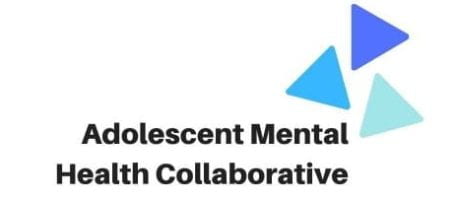TREATMENT STUDIES
OWL -Online Wise Learning: Computer-Assisted Parenting Intervention in Community Mental Health Settings (PI: Wolff; Mentor: Spirito).
Dr. Wolff and her research team are conducting a study regarding ways to engage parents in DBD adolescent treatment. This includes testing a computerized parenting intervention, Parenting Wisely (PW). Computerized treatment such as this broadens availability and works toward meeting needs of families in a more timely and efficient manner. This program could provide needed structure to parent involvement, thus relieving pressure on clinicians to do so alone.
Evidence-Based Parent Group Treatment for Children with Mood Disorders (PI: MacPherson).
This study will adapt an evidence-based treatment for pediatric mood disorders, Psychoeducational Psychotherapy, to a parent-only group to enhance fit in a clinical practice setting, and evaluate preliminary implementation, effectiveness, and multi-level treatment mechanisms.
Lamotrigine as a Candidate Pharmacotherapy for Adolescent (PI: Miranda).
This clinical trial will evaluate the feasibility, acceptability, tolerability and initial efficacy of lamotrigine for treating alcohol use disorder in adolescents.
Enhancing the Effects of Adolescent Alcohol Treatment with Atomexetine (PI: Miranda).
This proof-of-concept clinical trial leverages human laboratory paradigms and ecological momentary assessment (EMA) methods to test the effects of atomoxetine on alcohol use among adolescents with alcohol use disorder.
Online Peer Experiences and Suicidal Behavior (PI: Nesi, Mentors: Spirito, Wolff).
This mixed-method study uses qualitative interviews and social media data to explore the role of online peer experiences as risk and protective factors for suicidal behavior in high-risk adolescents.
ASSESSMENT STUDIES
Safety Net: A Qualitative Study of Psychosis and Suicidality to Inform Safety Planning for High-Risk Teens (PI: Thompson; Mentor: Yen).
This qualitative study is exploring co-occurring psychosis-spectrum experiences and suicidal thoughts and behaviors among psychiatrically hospitalized teens at clinical high risk (CHR) for psychosis, with the goal of developing safety planning guidelines specifically tailored to CHR youth.
